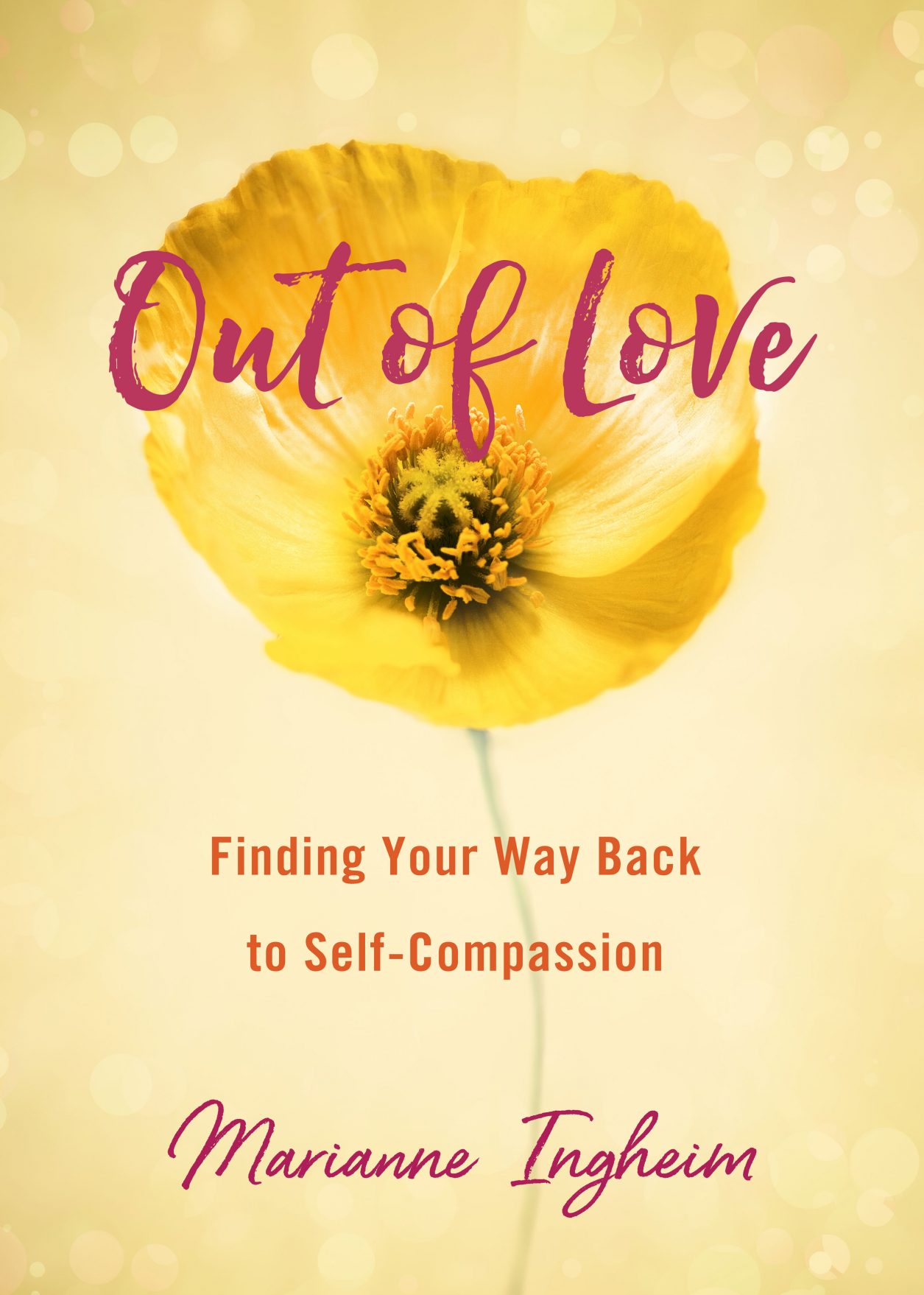My inner critic’s favorite time to beat me up is when I’m already stressed. I’m pretty stressed right now with COVID-19, so my inner critic is having a field day: “I am such a mess. I can’t do anything right. I’m just lazy and stupid and getting fat because I can’t go to the gym and I’m eating bags and bags of potato chips because I’m weak. What is wrong with me?! I’ve got so much work to do, but I can’t think, and I’m tired all the time. God, what if I have COVID?! I don’t have time to be sick!”
These are stressful times. People are losing their jobs and worried about how they’re going to pay their bills. People are sick and dying and worried about friends and family across the globe. We may feel guilty about being healthy when others are sick. We may feel guilty about being sick and needing other people to take care of us. We may beat ourselves up for not being “productive”. We may compare ourselves to other people who supposedly are handling the situation “better” than us.
The thing about self-criticism is that it serves no other purpose than to make us feel bad. Sure, it means well. Basically, the inner critic just wants us to be safe, so when times are stressful, it’s on high alert, trying really hard to protect us. But it goes about it in a way that’s not helpful, especially when we’re already stressed. Contrary to popular belief, self-criticism does not motivate us to do better or be better. Self-compassion does, and it feels a whole lot better.
So, what is self-compassion? It’s essentially treating yourself with the same kindness with which you would treat a good friend. Think about it: many of the things you say to yourself, you’d never say to your friends! My motto is, if it’s not acceptable to say to someone else, it’s not acceptable to say to myself.
Changing our self-talk, though, can be difficult because self-criticism is so ingrained in us. The first step is to notice when we’re being self-critical. What words does your inner critic use, and are there specific situations in which it gets particularly activated? The next step is to replace the critical self-talk with self-compassion. The key is to be non-judgmental, kind, and supportive, like you would be to a friend or a child. Here are two exercises for changing your self-talk:
- Reframe your self-talk when you catch yourself being critical.
Self-critical: I suck at finishing things.Reframe: I may not always have been good at finishing things, but I’m getting better at it.
- Reframe your self-talk by looking at the facts. You can use 3×5 cards and put the critical statement on one side and the facts on the reverse.
Self-critical: I never finish anything.
Facts: I finished washing the dishes today.
The inner critic can also be seductive and lead us to self-sabotage. In times of high stress, it’s so tempting to reach out for another drink when we’ve already had too much, or an extra slice of cake when we’re already full. Self-compassion isn’t self-indulgence.
In addition to being under a lot of stress, many of us are practicing social distancing due to COVID-19—as we should be—but isolation can be especially problematic if we suffer from addiction, depression, or anxiety (and most of us are at least a little anxious right now). It’s crucial that we reach out to others and ask for help when we need it! Self-compassion is about taking care of ourselves, and we need it—and each other—more than ever.
We all have different ways to cope with anxiety. The key is finding what works for you. Going for a walk? Meditating? Playing music? What nourishes you and what doesn’t?
- Write a list of 100 ways you can nurture yourself and pick one thing you can do today.
Of course, our inner critic might not approve of us spending time on such a “selfish” thing as self-care. We should be taking care of other people, especially now, right? The thing is, we can’t take care of other people if we haven’t taken care of ourselves first. That’s why parents are told on airplanes to put on their oxygen masks first before helping their children.
Self-care is crucial in times of high stress. In the days and weeks following my first husband’s suicide, I struggled with basic things, like eating and sleeping. I had to remind myself to eat. I had to write lists because I couldn’t remember anything. There’s a foggy state that accompanies grief, and I had to be gentle with myself. Just do the next thing, I’d say. Don’t try to figure it all out.
We’re in a crisis. Let’s remember to be kind to ourselves as we navigate the uncertainty. We’re doing the best we can, and that’s good enough. Really, it is.
 Marianne Ingheim is the author of Out of Love: Finding Your Way Back to Self-Compassion.
Marianne Ingheim is the author of Out of Love: Finding Your Way Back to Self-Compassion.




















